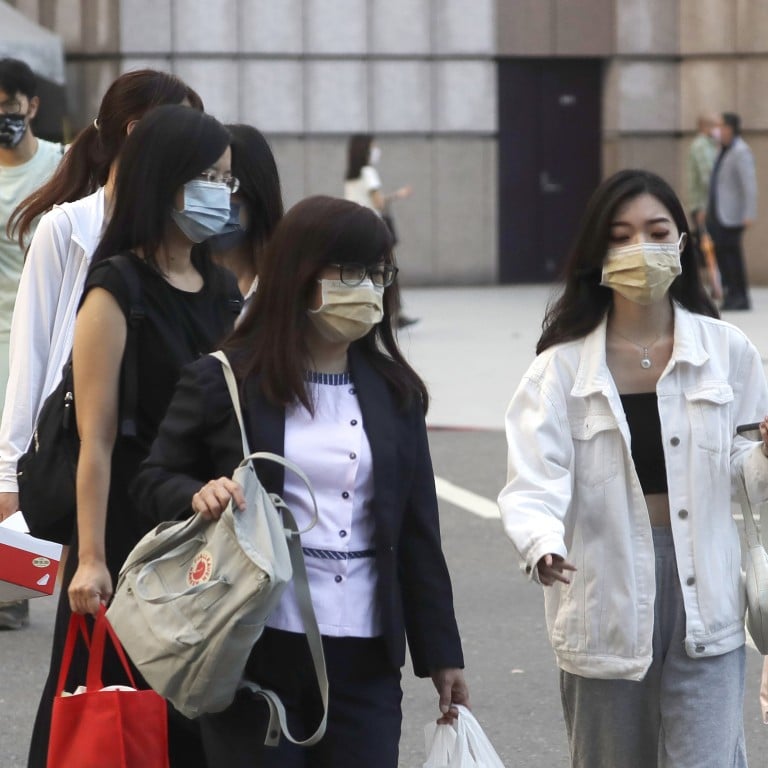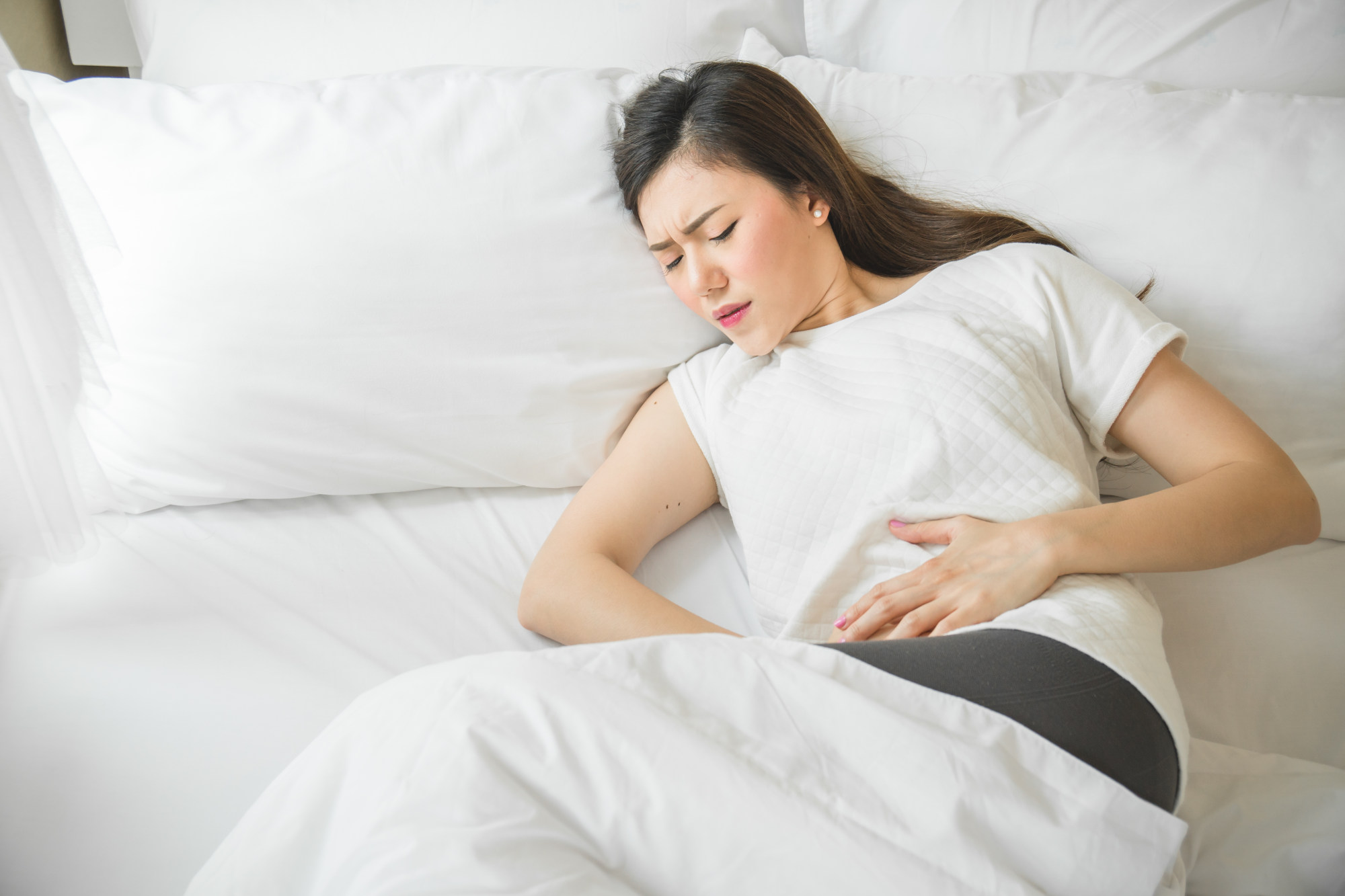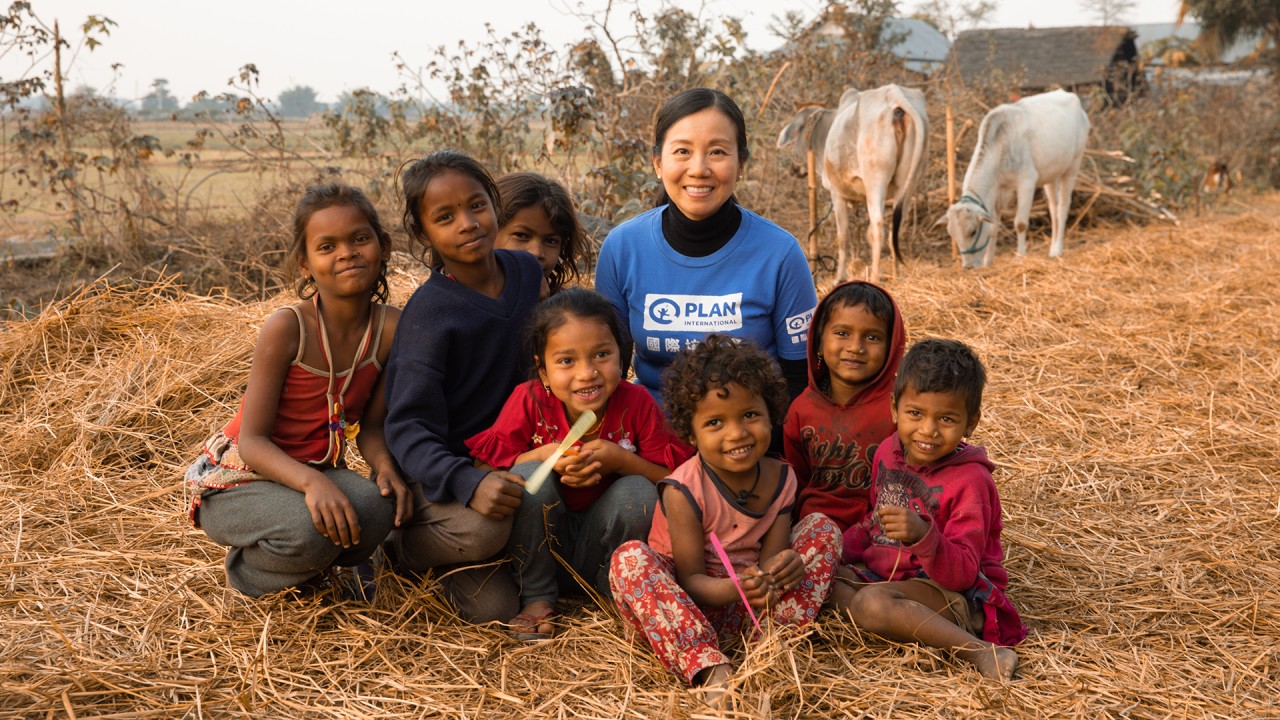
Taipei Metro takes lead from Tokyo, Seoul in offering free sanitary products to fight period poverty in Asia
- Starting on November 1, the Taipei Rapid Transit Corporation will provide menstrual products on request at 20 of its busiest stations
- The trial was given the go-ahead after several city councillors proposed Taipei should follow moves overseas, including in Japan and South Korea, to increase free access to sanitary products
Taiwan’s largest metro line will begin a trial next month offering women free sanitary products, spurred by a recent push in Asian cities including Tokyo and Seoul to tackle “period poverty”.
Starting on November 1, the Taipei Rapid Transit Corporation will provide menstrual products on request at 20 of its busiest stations along the metro line that runs through both the capital and neighbouring New Taipei City.
“We will re-evaluate and adjust in accordance with the results of the trial and the feedback,” the subway operator said.
The trial was given the go-ahead after several city councillors proposed that Taipei should follow moves overseas, including in Japan and South Korea, to increase free access to sanitary products.
From Indonesia to Japan, the nations which offer women menstrual leave
Seoul runs a programme that offers free sanitary pads in around 300 institutions across the South Korean capital, including libraries, museums and welfare centres.
The Tokyo city government began distributing sanitary products in September within some bathrooms at its headquarters in Shinjuku.
In Japan, a law dating as far back as 1947 states that companies must agree to give women menstrual leave if they request it, for as long as they need it.
It does not, however, require them to pay women during menstrual leave, but around 30 per cent of Japanese companies offer full or partial pay, according to a 2020 labour ministry survey.
In South Korea, women are entitled to one day of unpaid menstrual leave per month, with employers who refuse facing fines of up to 5 million won (US$3,950).
Indonesia passed a law in 2003 giving women the right to two days of paid menstrual leave per month, without giving prior notice.

Under Taiwan’s Act of Gender Equality in Employment, women are allowed three days of “menstrual leave” per year, which are not deducted from the statutory 30 days of regular sick leave.
Employees do not need to provide documentation and employers may not refuse or penalise a worker for taking menstrual leave.
But like general sick leave, workers on menstrual leave receive only 50 per cent of their salary.
Taiwan has forged a reputation as one of Asia’s most progressive democracies.
Women constitute 38 per cent of Taiwan’s legislature, one of the highest proportions in the world.
Tsai Ing-wen, Taiwan’s first woman president, was first elected in 2016 and won a landslide second term two years ago.
Taiwan became the first – and still the only – place in Asia to legalise gay marriage in 2019.

.png?itok=arIb17P0)

